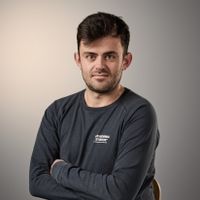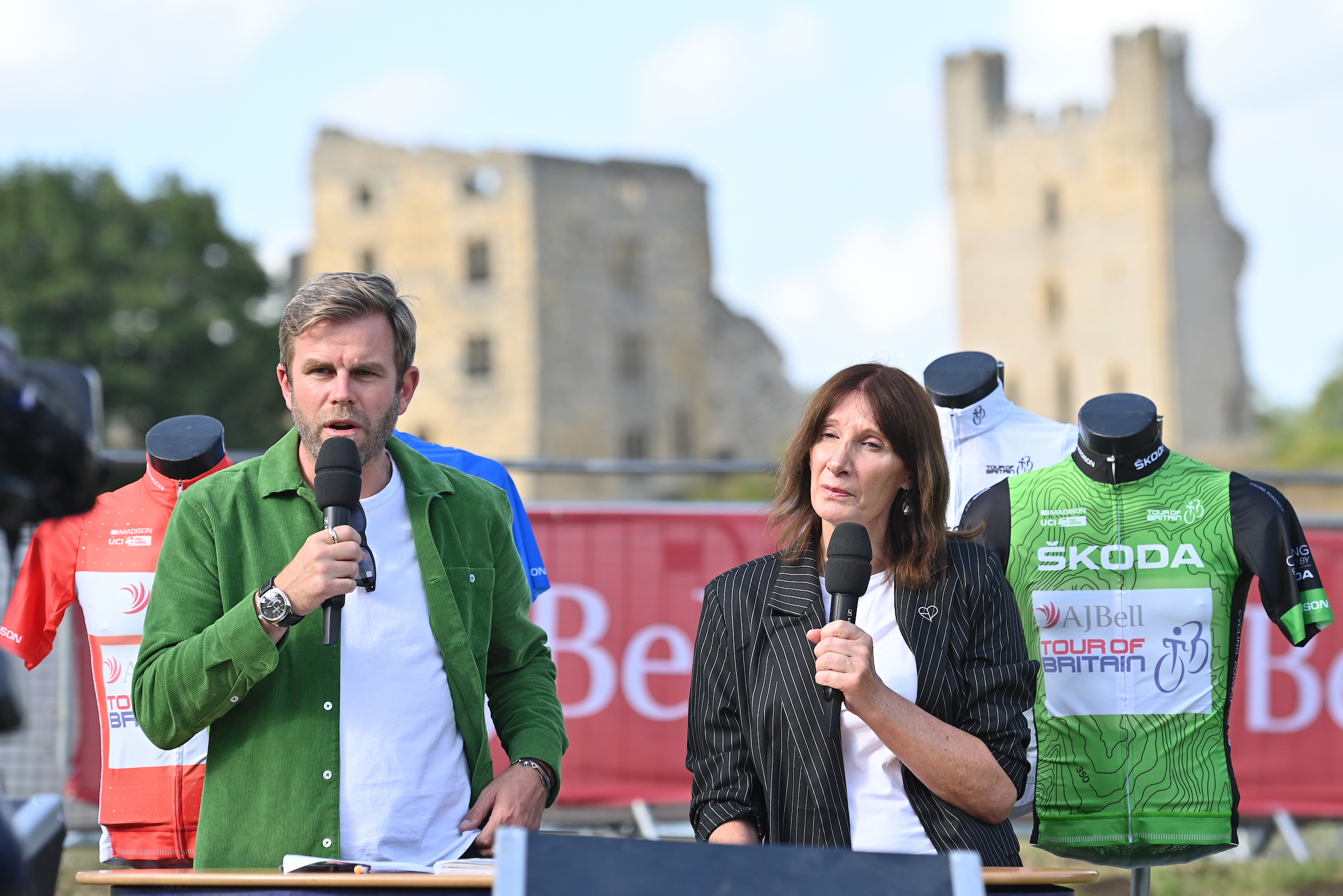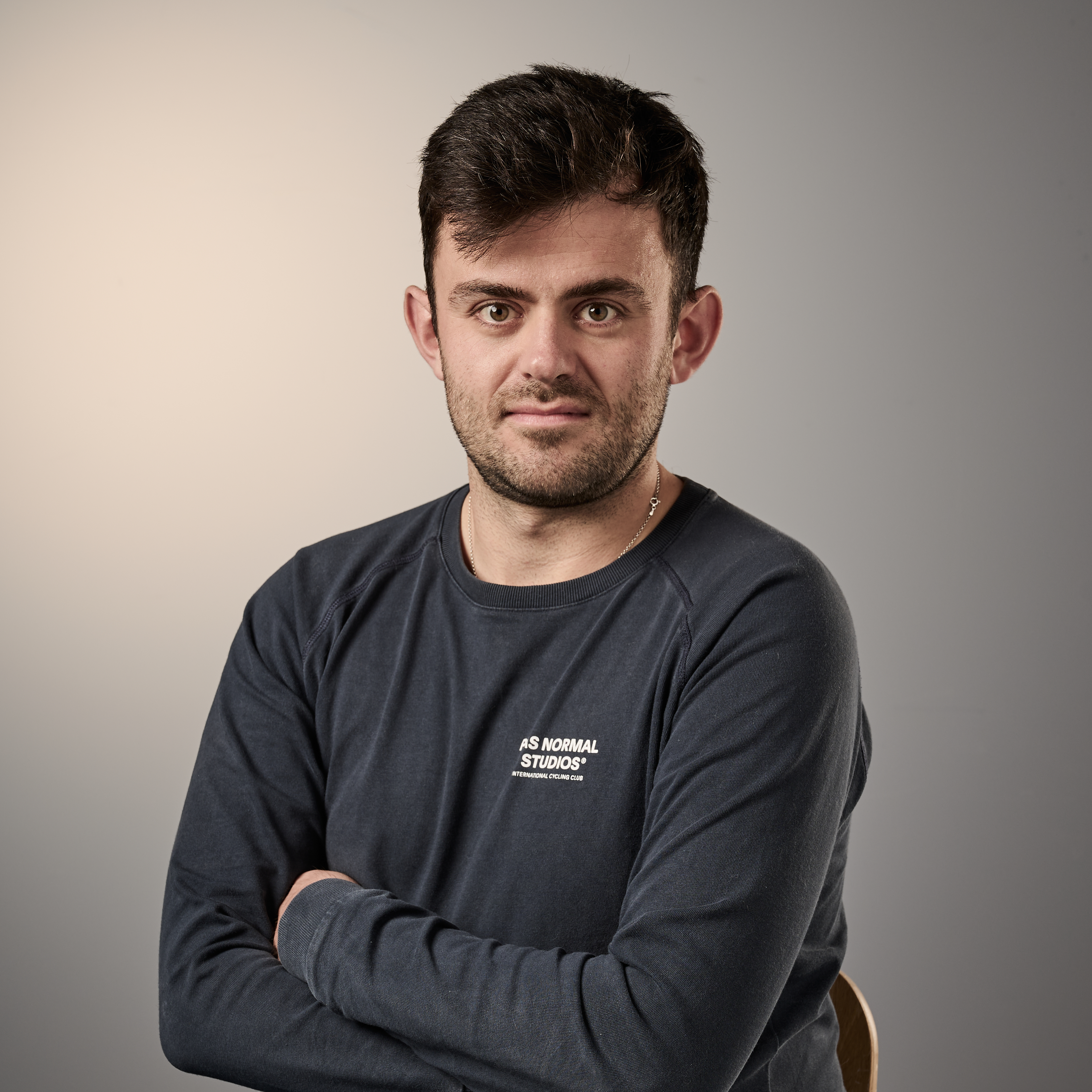British Cycling has a 'real problem with the whole LGBTQ+ spectrum', says Philippa York
Tour de France stage winner has worked in collaboration with David Walsh on a new book, The Escape


The latest race content, interviews, features, reviews and expert buying guides, direct to your inbox!
You are now subscribed
Your newsletter sign-up was successful
British Cycling, the national governing body for the sport in Britain, has a "real problem" with the LGBTQ+ spectrum, despite the organisation's suggestions otherwise, according to Philippa York.
York, formerly known as Robert Millar, was a winner of the King of the Mountains jersey at the Tour de France, a stage winner in all three of cycling's Grand Tours, a British national champion, and Tour of Britain winner. After retiring, York briefly worked as a coach at British Cycling before stepping away from the sport, later transitioning.
York is now a respected member of the cycling media, an author and trans advocate. She has collaborated on a new book, titled The Escape, with the journalist David Walsh which lays out her own transition process and the impact that had on her mental health.
In an exclusive interview with The Guardian, published at the weekend, she says there is still huge amounts of work to be done to support trans athletes in sport, stating that she thinks "while it is more understood", it is not "more accepted."
York explained that she had previously received an invite to be part of British Cycling's advisory group on diversity and inclusion, although she soon ended her relationship with the national federation over the handling of the controversy related to trans athlete Emily Bridges, who was effectively banned from competing by British Cycling when rules barring trans women from female events were brought into effect in May 2023.
Trans women are now only able to compete in the "open" category alongside male athletes under British Cycling's legislation. Before she came out publicly as a trans woman, Bridges was on British Cycling's male senior academy program in 2019
"There was a potential for Emily to be part of the track team but suddenly it all stopped," York told The Guardian. "She was high performing, but it wasn't domination. She was 10 or 12 seconds off the world record, but it might have been enough to get on the squad."
The latest race content, interviews, features, reviews and expert buying guides, direct to your inbox!
York went on to say that she feels British Cycling "has a real problem with the whole LGBTQ+ spectrum. They say they don’t, but they do." She also claimed that: "They have had people, employees, who have signed a letter to the UCI, demanding that trans women be excluded … In any other organisation, those people would be fired."
In response to York's claims, a British Cycling spokesperson said: "We strongly believe that cycling is for everyone and are committed to welcoming as many people as possible into our sport, whether that's for fun, leisure, competition or simply getting from A to B.
"Our competition policies – in line with most other sports - intend to safeguard the fairness of competitive cycling, whilst ensuring all riders have opportunities to participate in the sport they love. Anyone can compete in our 'Open' category, including transgender women, transgender men and non-binary individuals.
"British Cycling takes allegations of homophobic and transphobic behaviour extremely seriously and has a zero-tolerance approach. We are proactively working to ensure that cycling is as accessible and welcoming as possible, particularly amongst underrepresented communities."
At the time of their new policies being introduced, British Cycling said that trans athletes were able to ride events in the "open" category in the UK, although Bridges insisted in an interview last year that this is in effect a ban.
"A ban is a ban. You can say you can compete in the open category, but we're women - we should be able to race in the women's category," she said.

After previously working in higher education, Tom joined Cycling Weekly in 2022 and hasn't looked back. He's been covering professional cycling ever since; reporting on the ground from some of the sport's biggest races and events, including the Tour de France, Paris-Roubaix and the World Championships. His earliest memory of a bike race is watching the Tour on holiday in the early 2000's in the south of France - he even made it on to the podium in Pau afterwards. His favourite place that cycling has taken him is Montréal in Canada.
You must confirm your public display name before commenting
Please logout and then login again, you will then be prompted to enter your display name.